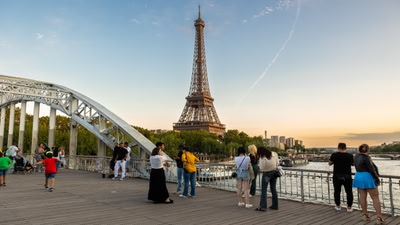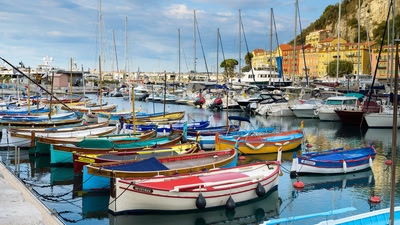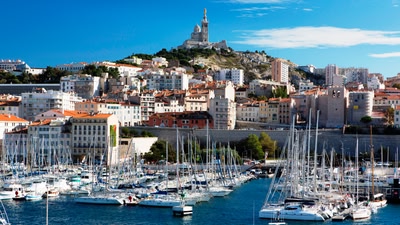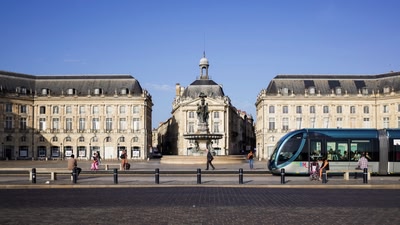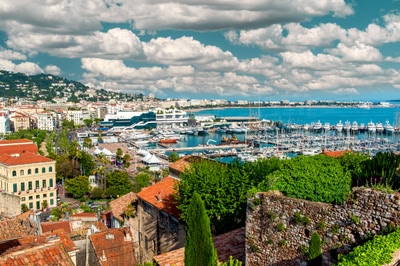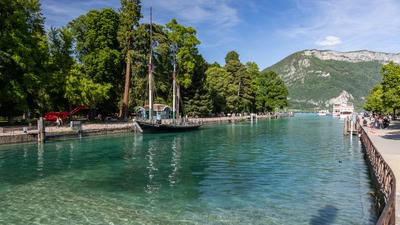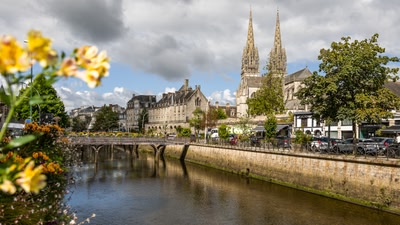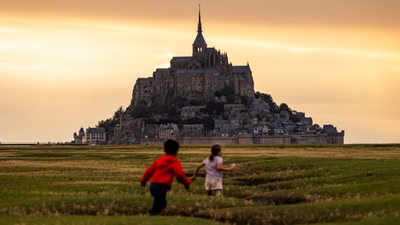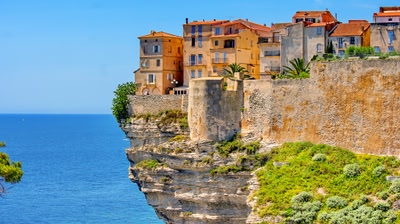France holidays
France has long captured the world’s cultural imagination — and not just because of its berets, baguettes and Bordeaux. Paris tops many travel itineraries for its museums, fashion and cafe culture. But beyond the City of Light, you’ll experience a rainbow of azure waters, lavender fields and rolling green hills. Get ready to find your own ‘joie de vivre’ on a holiday to France — a country of romance, beauty and revolutionary spirit.
Top destinations in France
France: fast facts
Language
French
Currency
Euro (€)
Time zone
UTC+1 (CET) and UTC+2 (CEST)
France holiday highlights
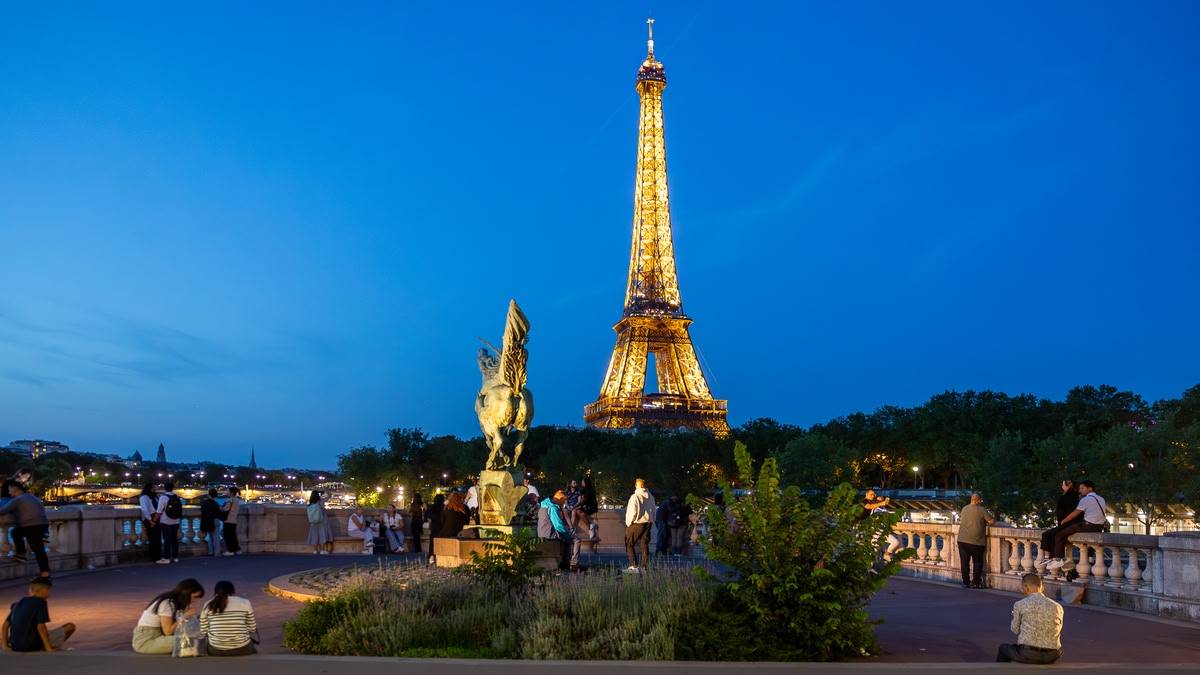
Iconic art
Nine million people visit Paris’ Musée du Louvre annually to see the famous ‘Mona Lisa’. But great art isn’t restricted to the capital. Rouen’s Musée des Beaux-Art has one of France’s largest impressionist painting collections. And the Musée Picasso in Antibes is housed in a 14th-century castle. For another unique art gallery, try La Piscine in Roubaix — an Art Deco swimming pool turned museum.
Wine country
Sampling the country’s world-renowned wines is one of the best things to do in France. But there are plenty more regions to uncork beyond the household names of Bordeaux, Beaujolais and Burgundy. The Route des Vins d'Alsace winds through wine-producing villages between Strasbourg and Colmar. And Châteauneuf-du-Pape’s cellars are some of France’s best. Look for ‘degustation’ or ‘goûtez’ on signs outside vineyards — this means tastings are available.
Outdoor adventures
As host of the annual Tour de France, it’s no surprise that this country has some of Europe’s best cycling routes. Tackle the 1,300-kilometre-long Vélodyssée along the Atlantic Coast from Brittany to the Spanish border, or follow the Veloscenic route between Paris and Mont Saint-Michel. Visiting in winter? The French Alps are home to world-class ski slopes in Meribel, Val d'Isere and Chamonix.
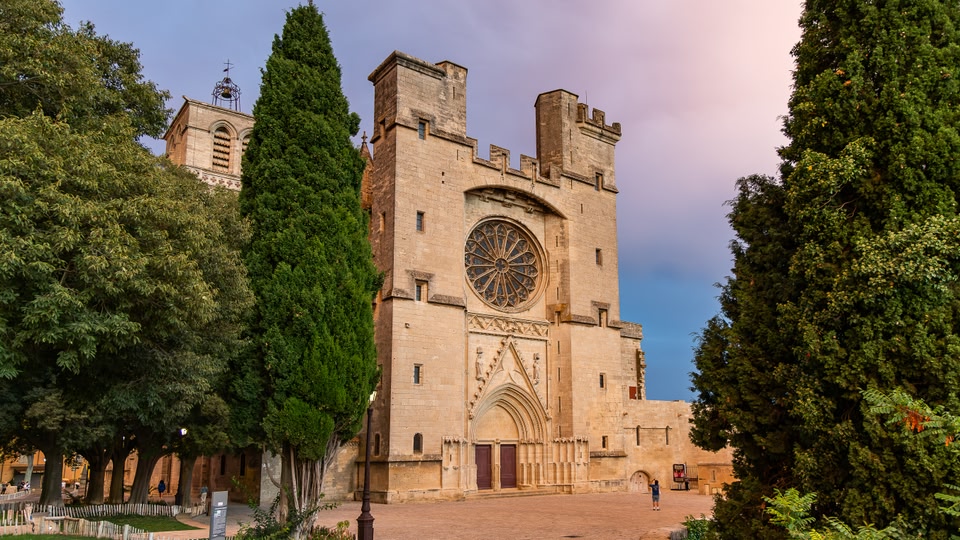

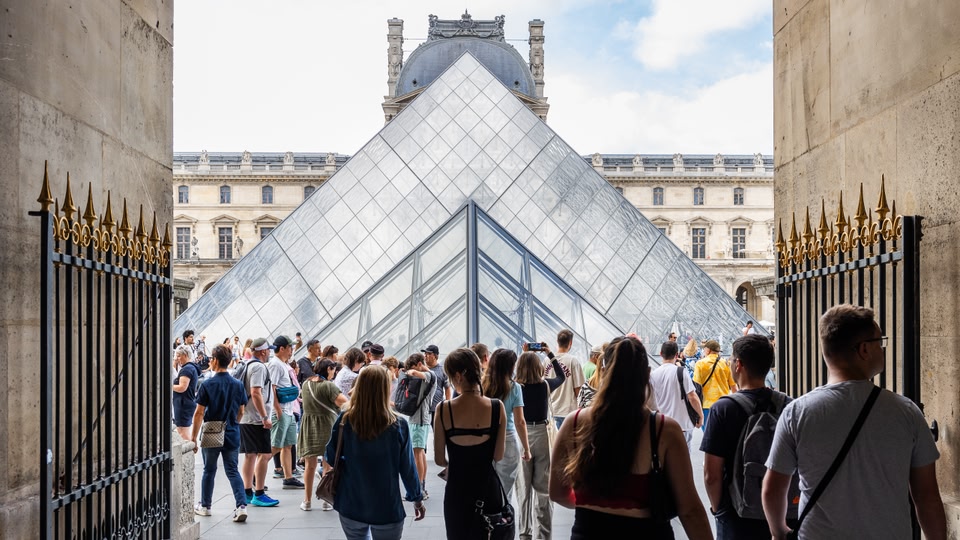
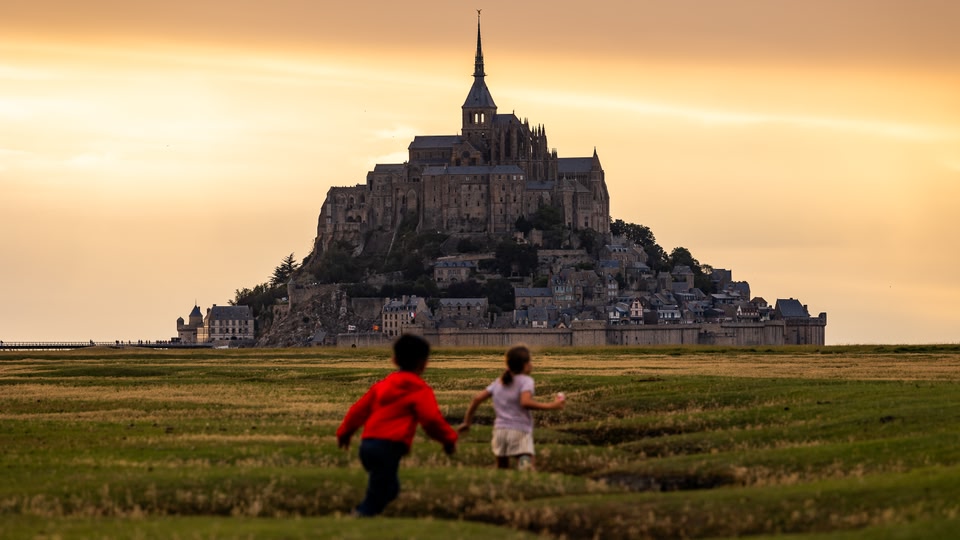


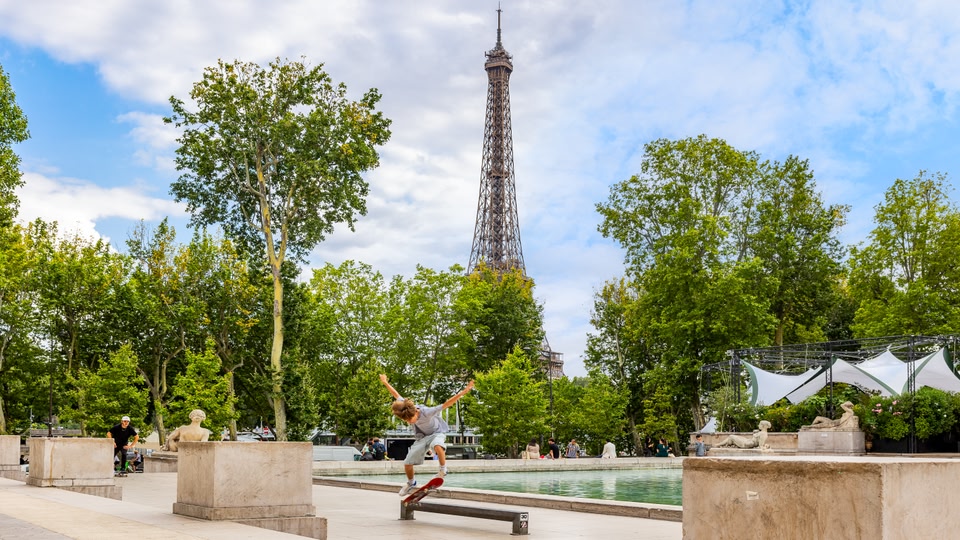
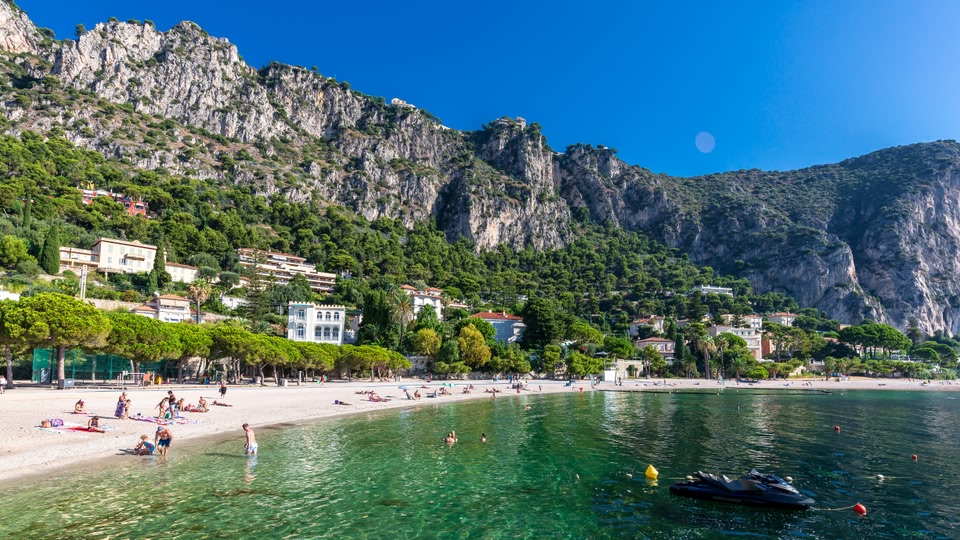
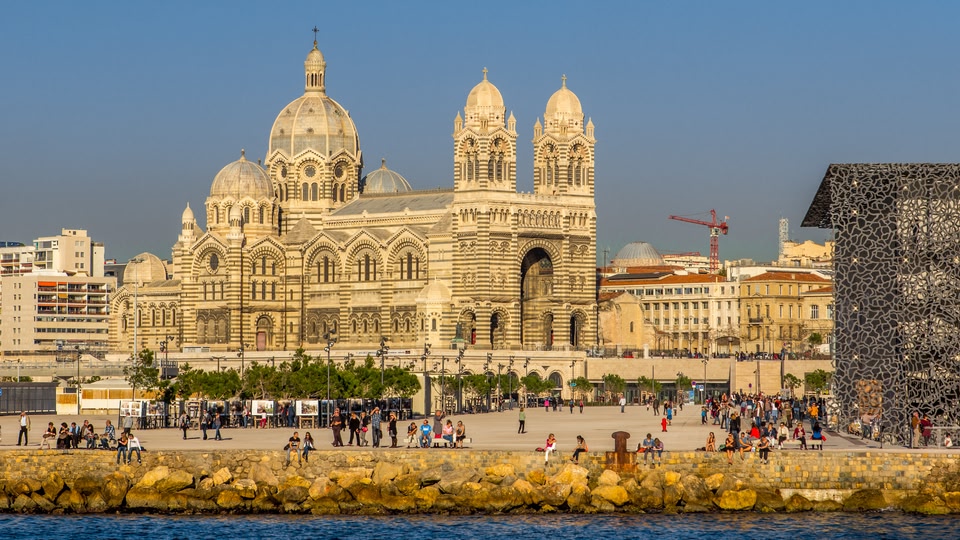
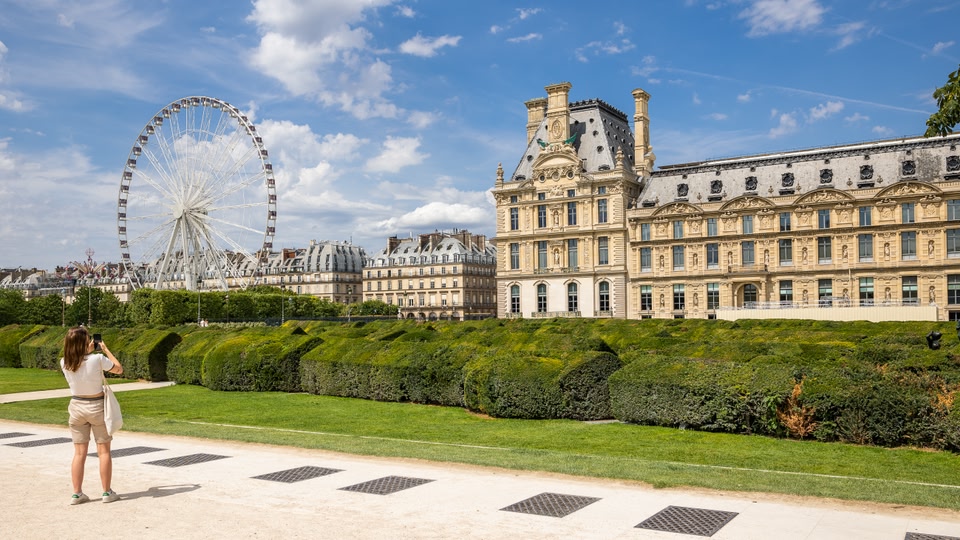
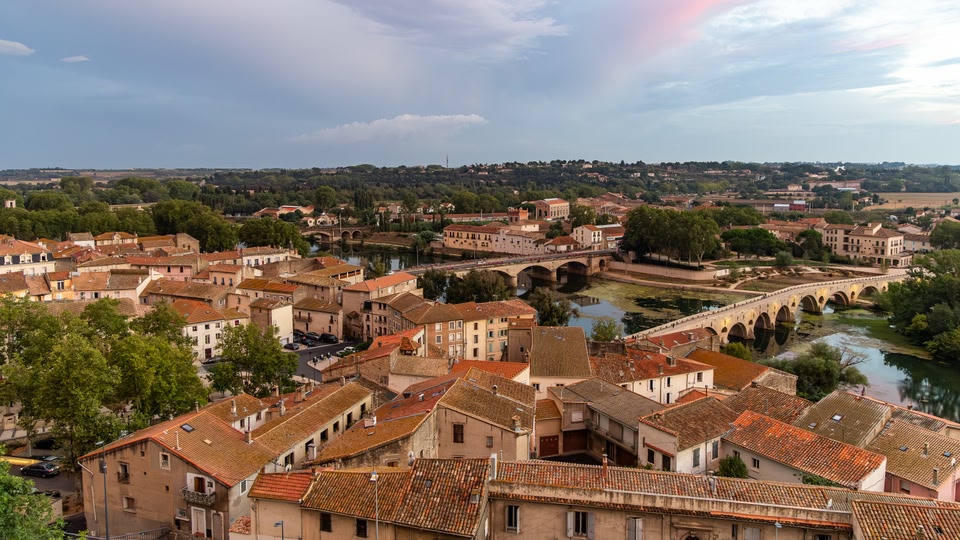
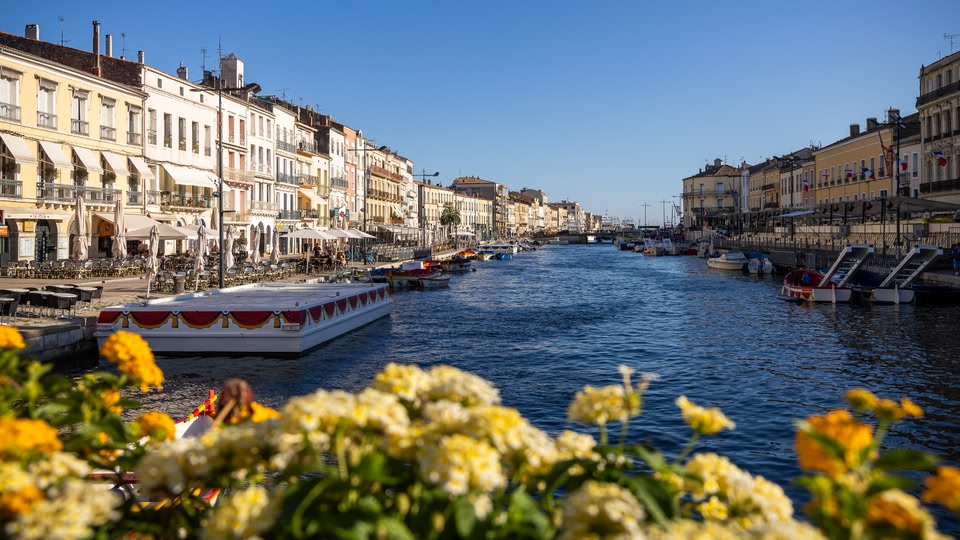
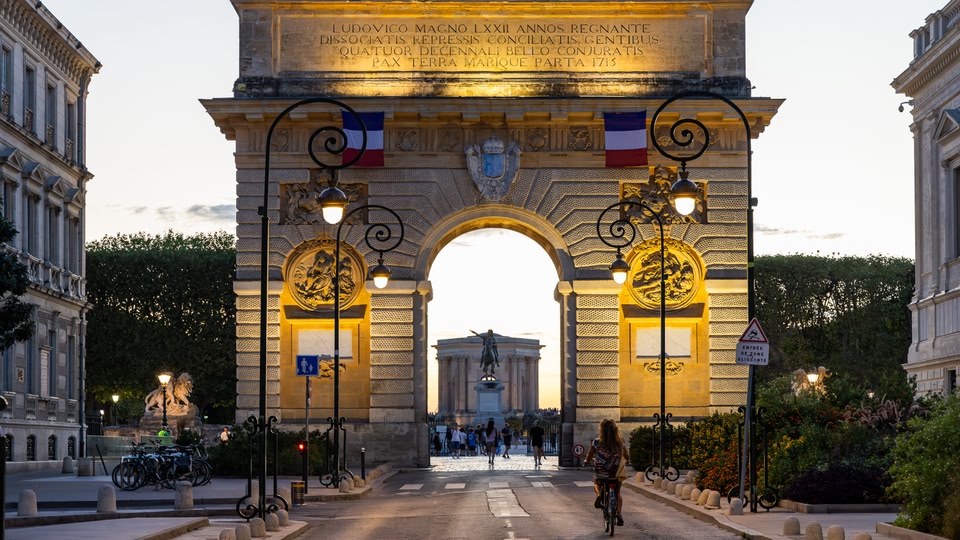
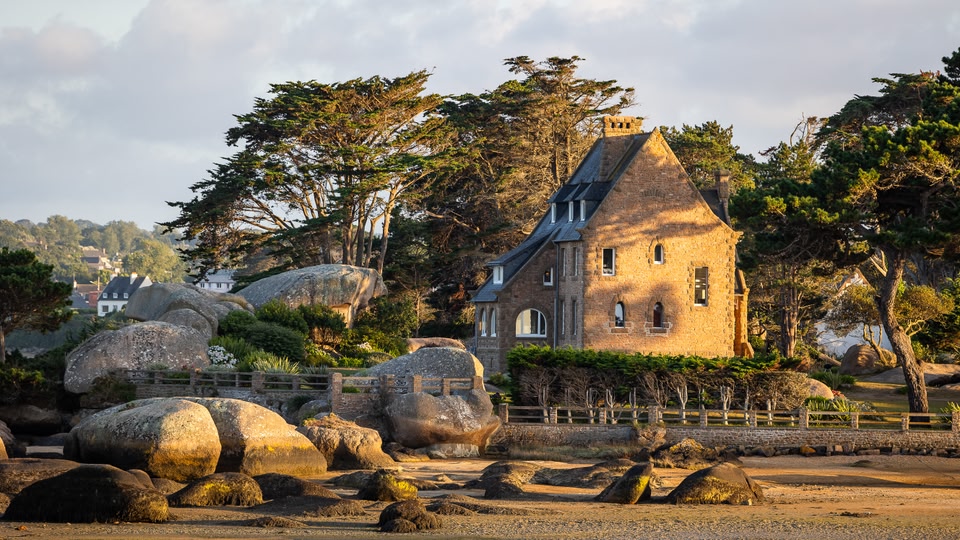
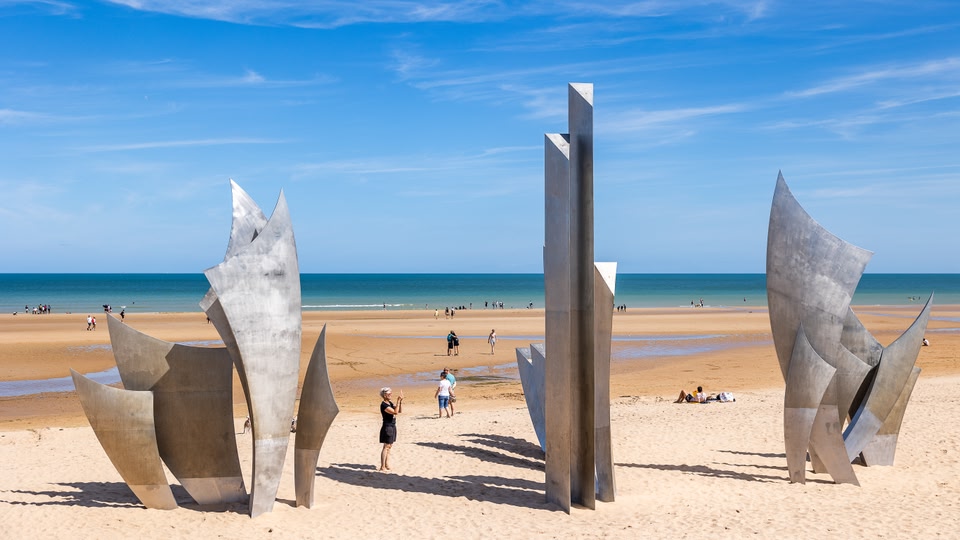
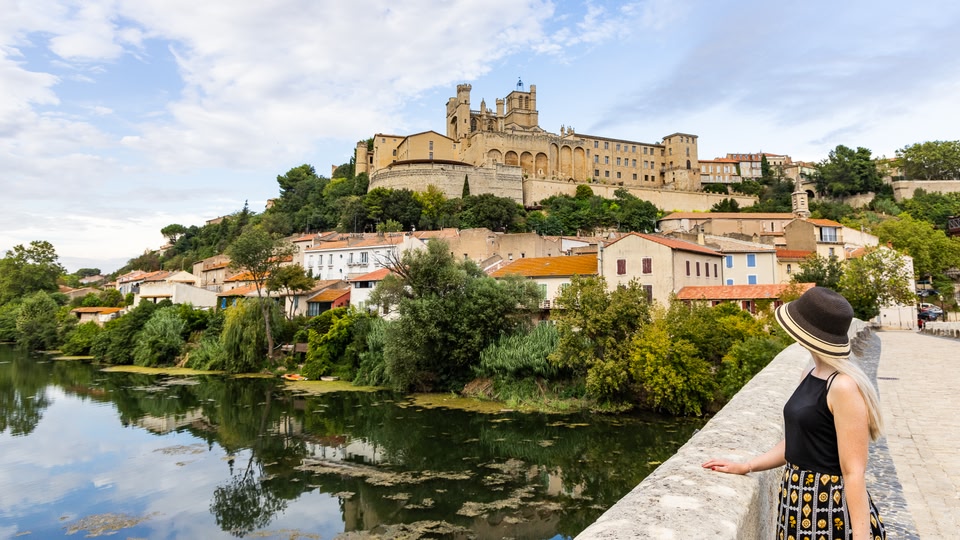
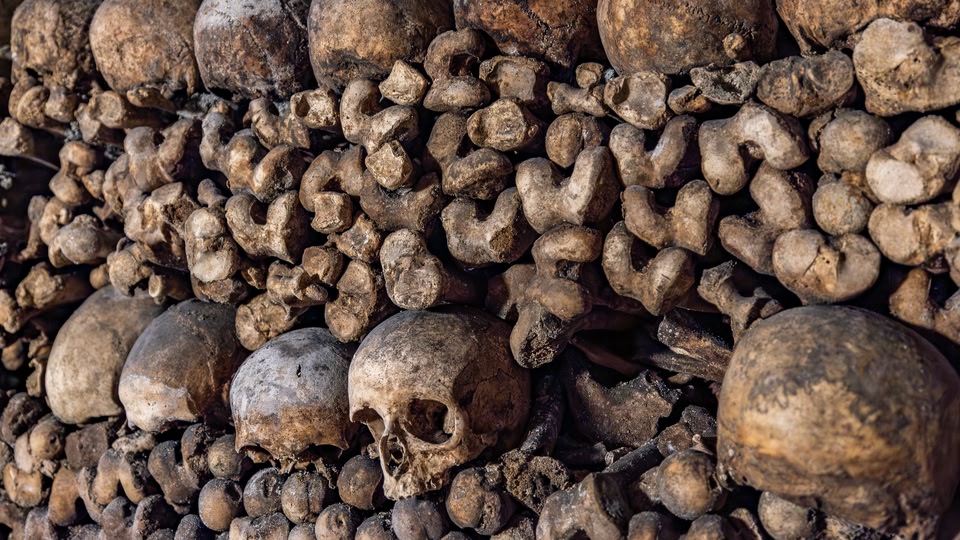
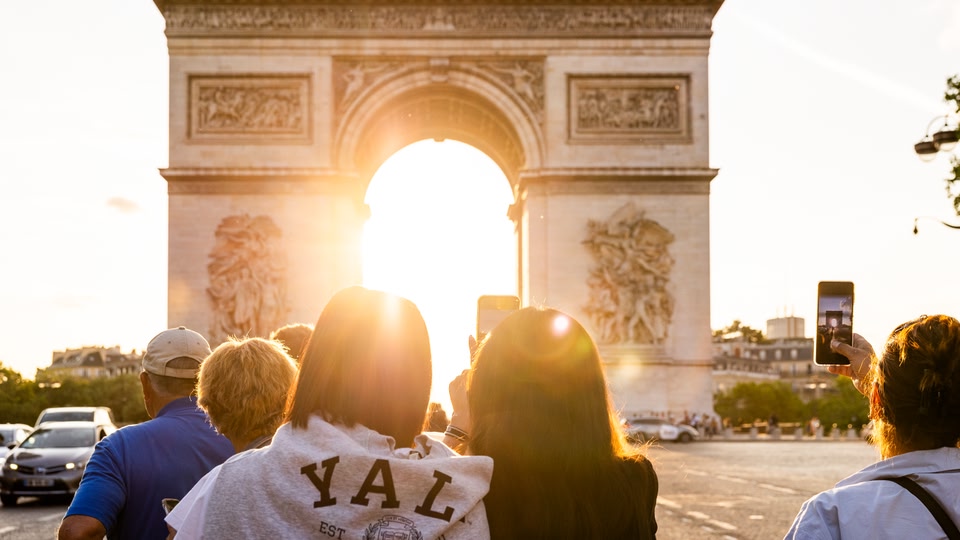
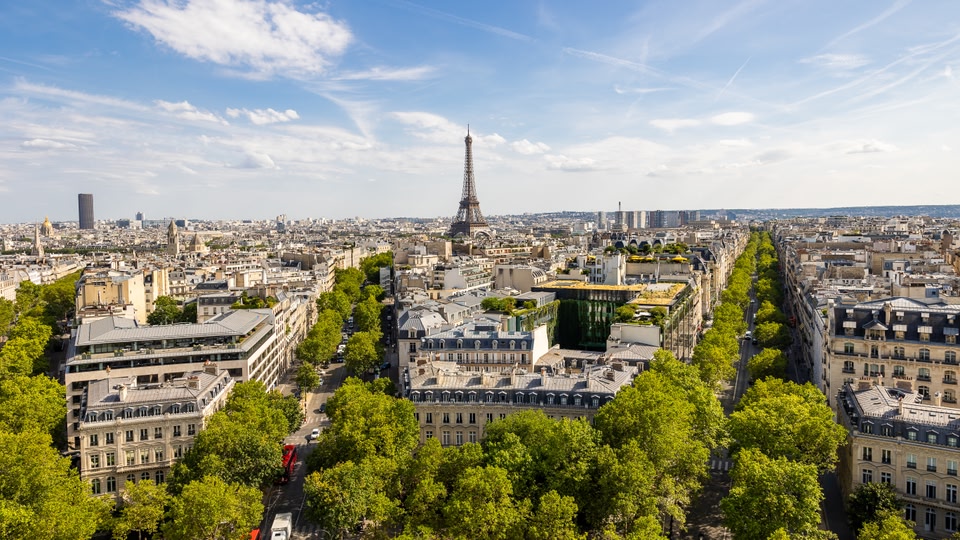
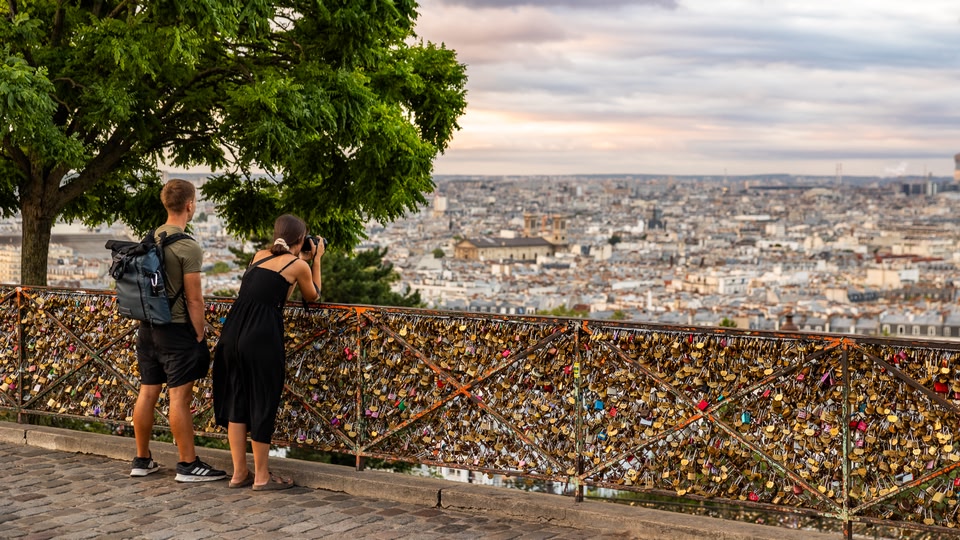
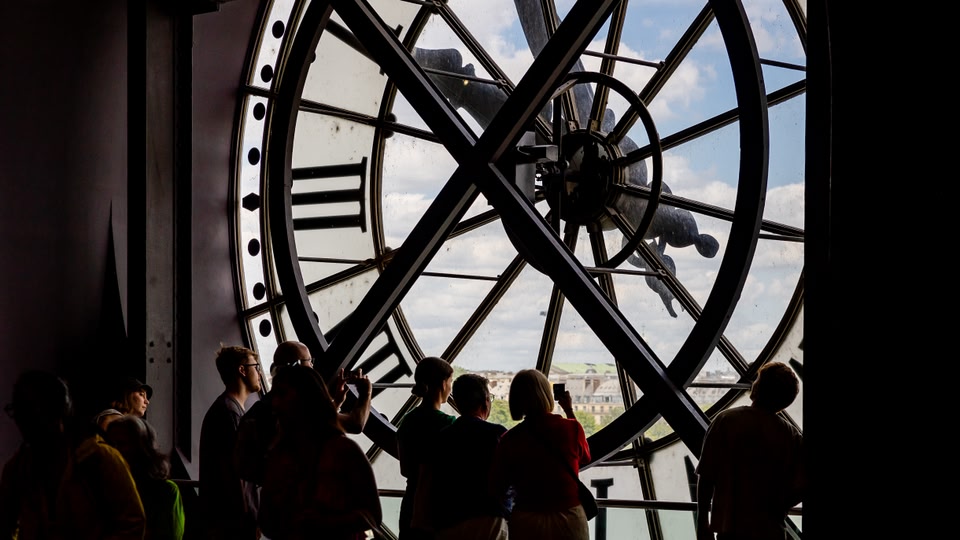
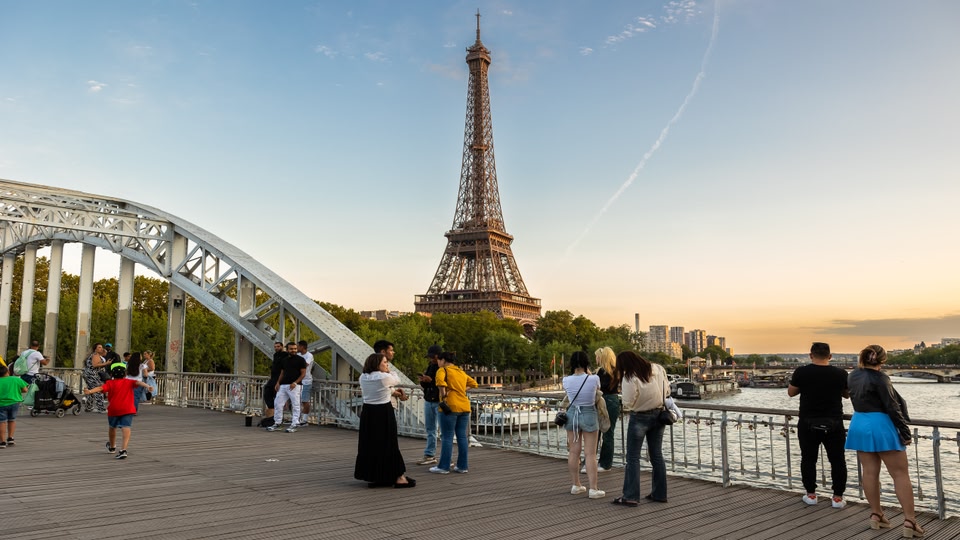
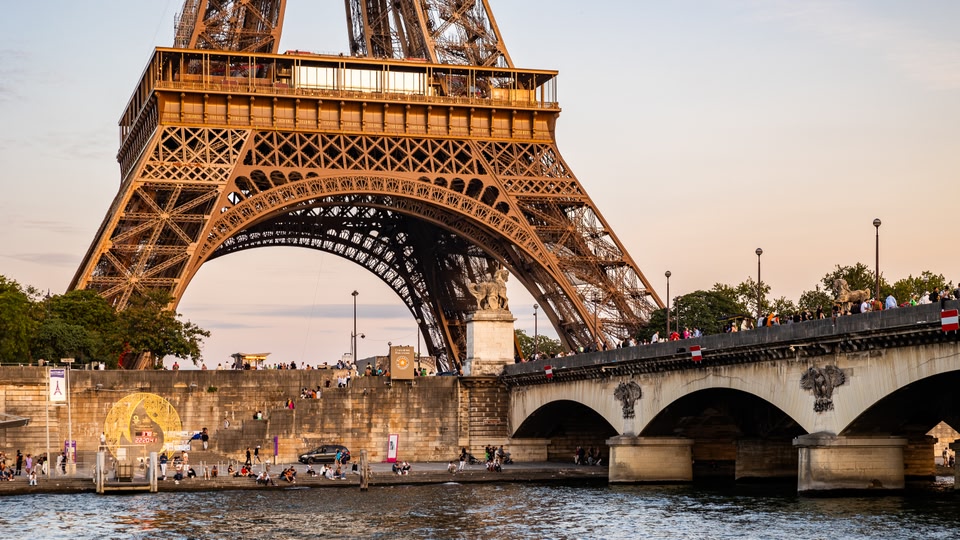
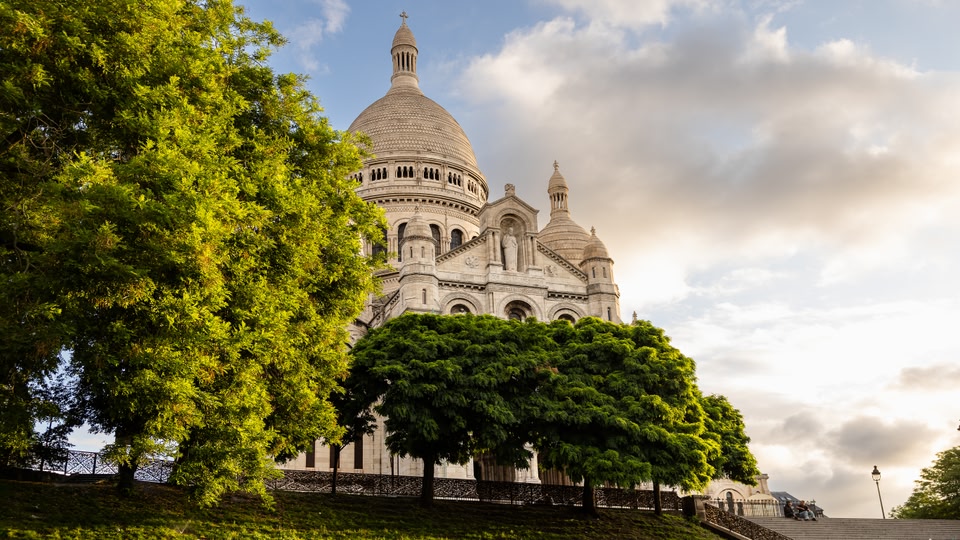
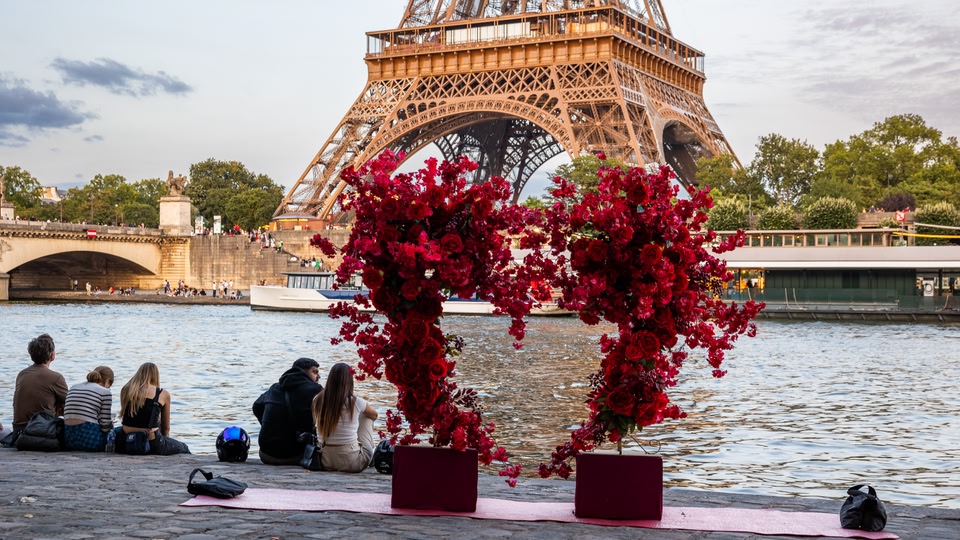
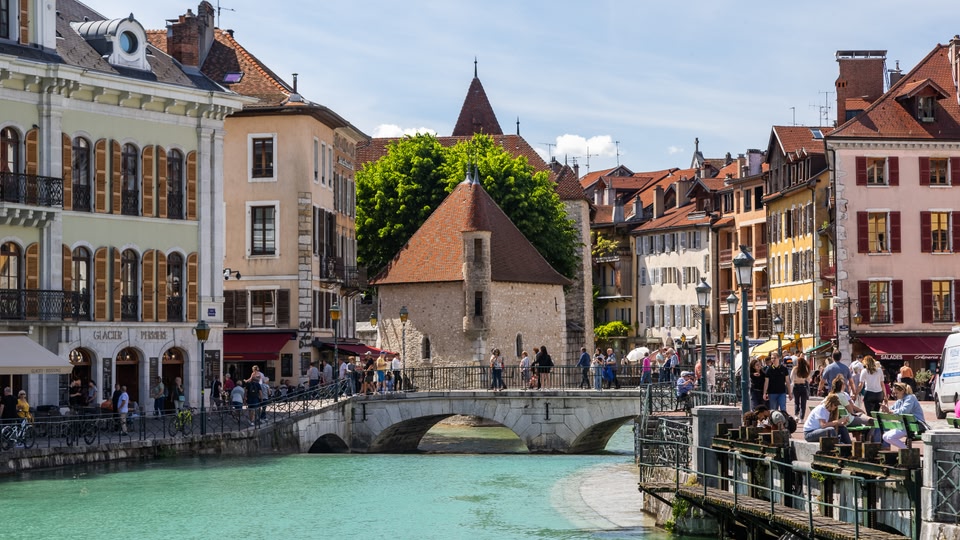
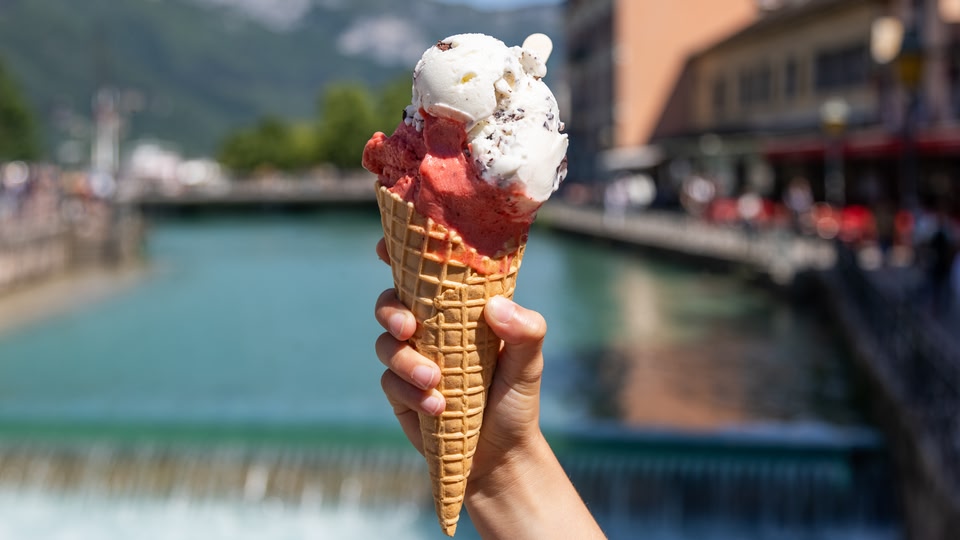
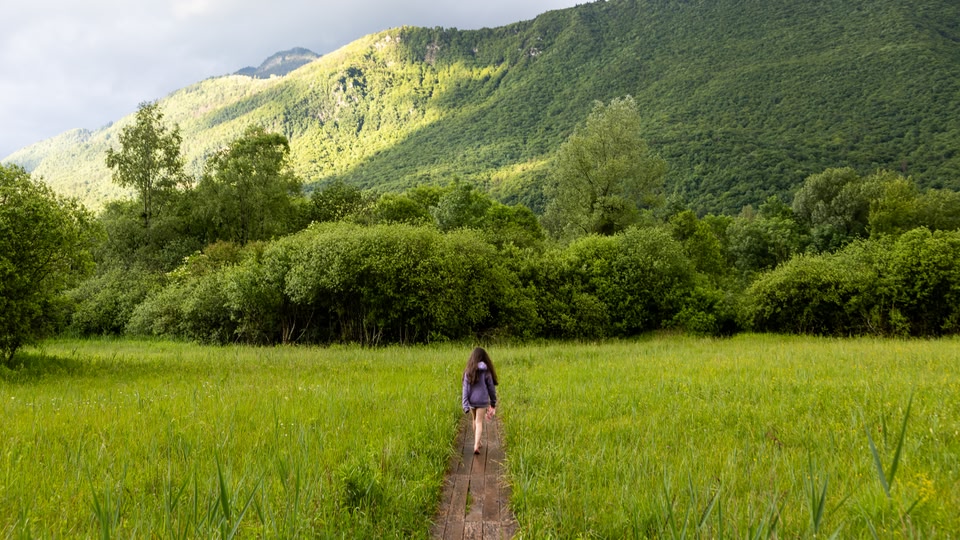
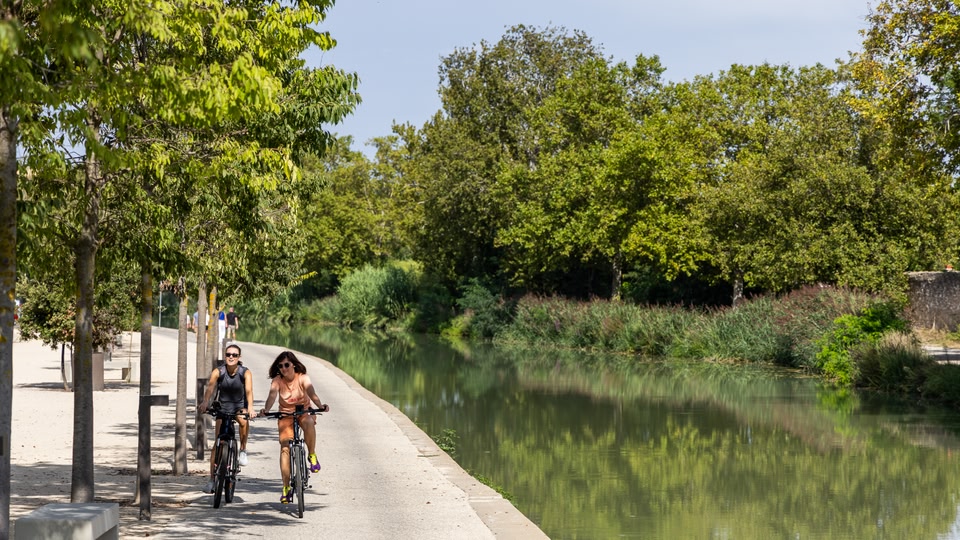
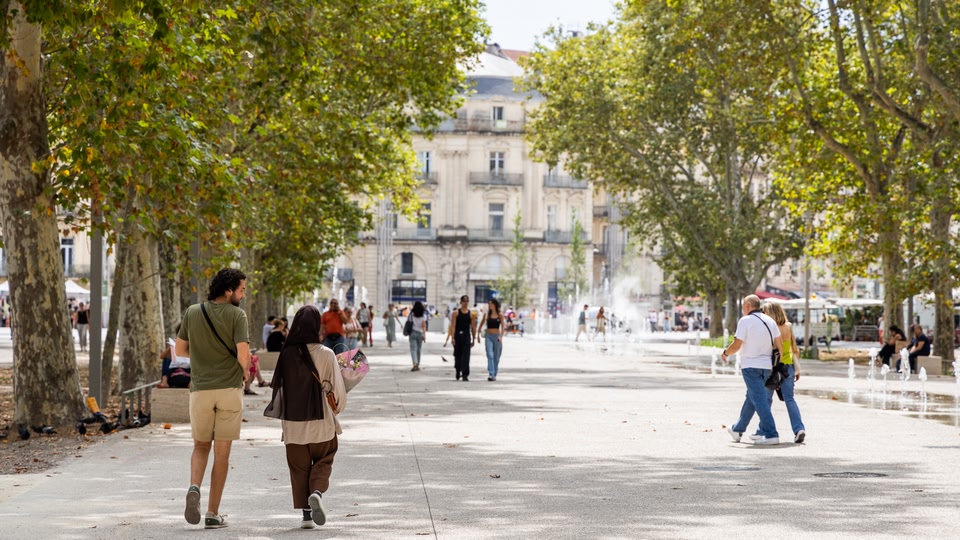
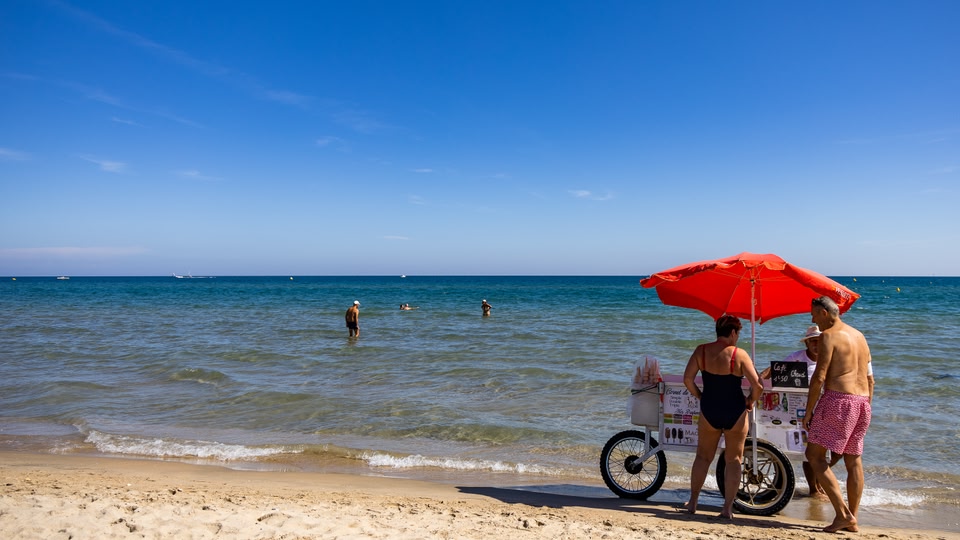

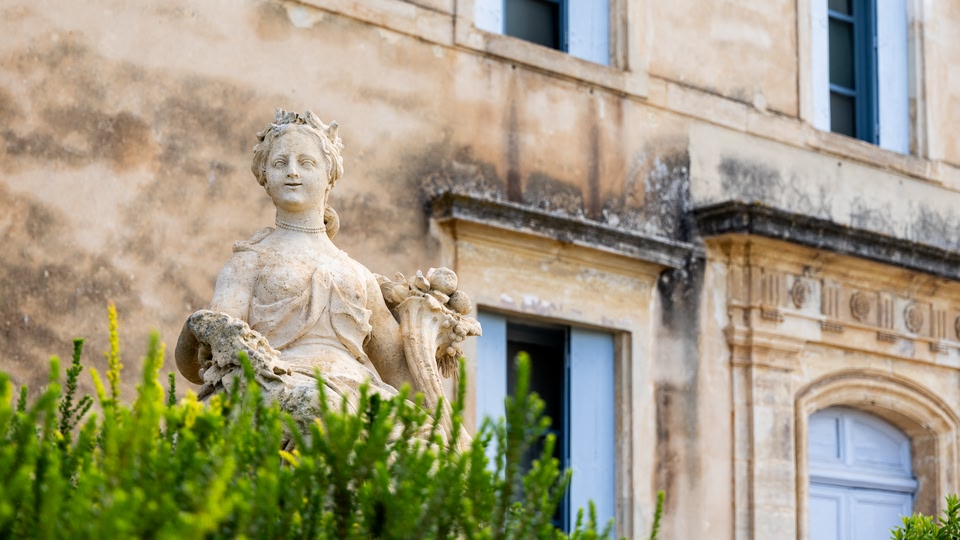
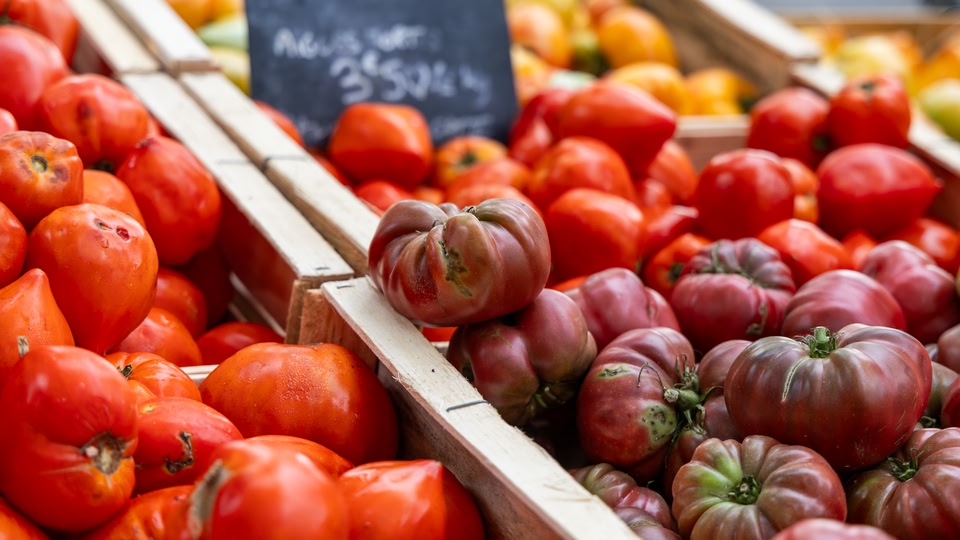
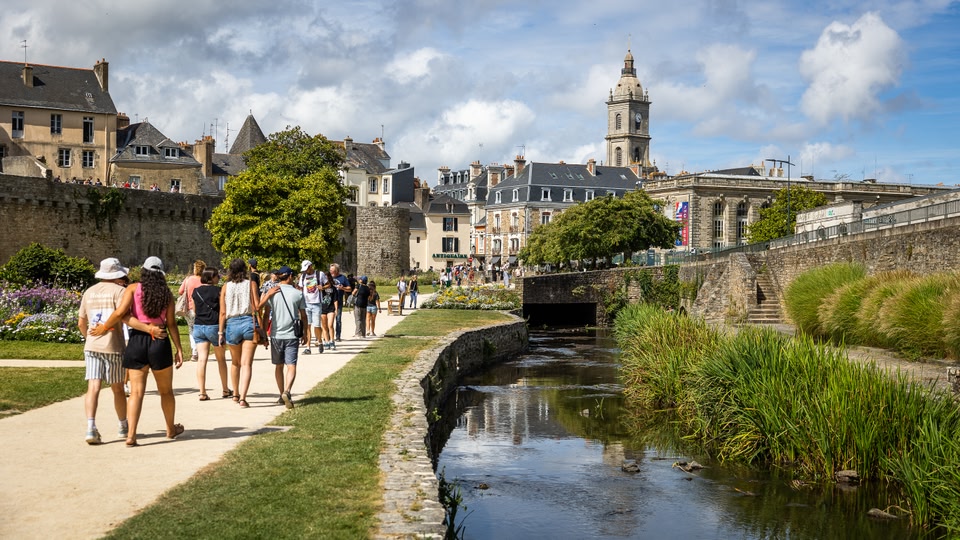
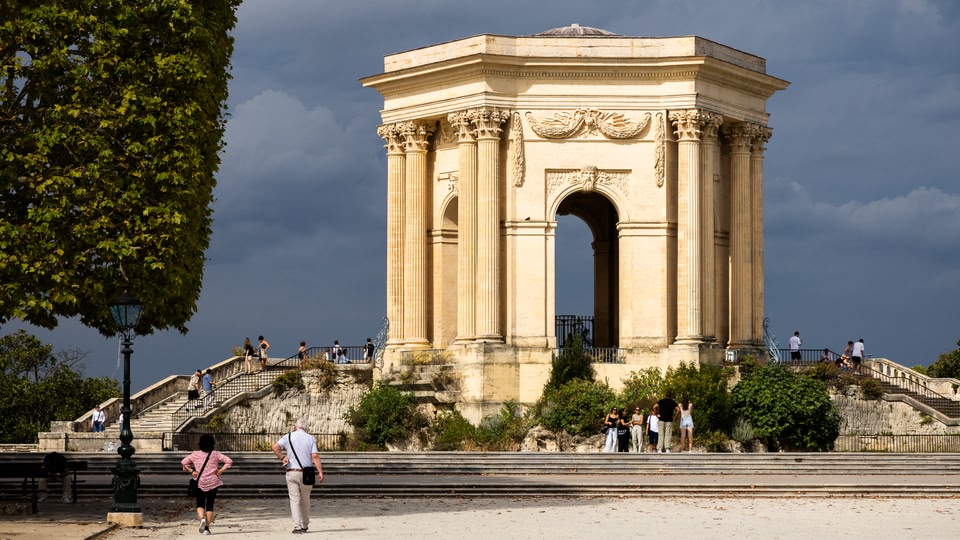
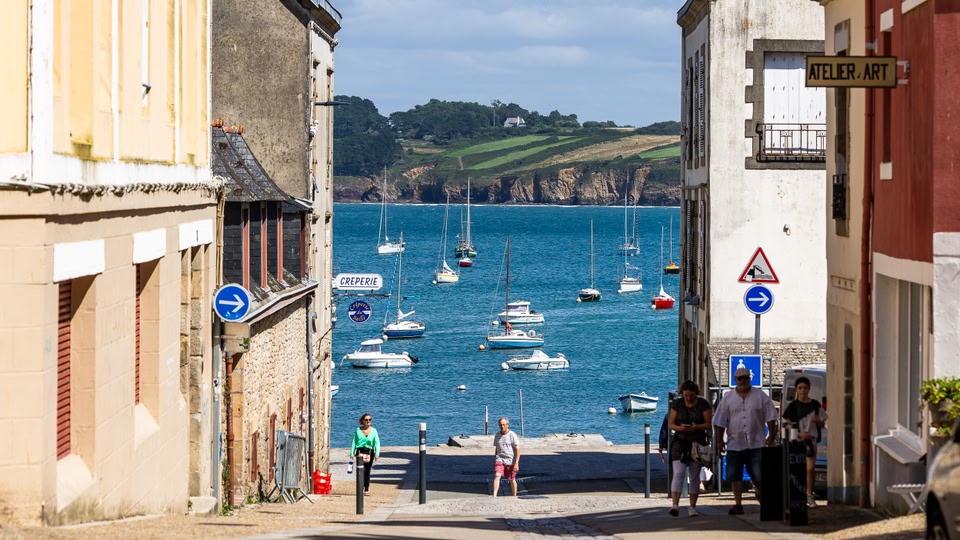
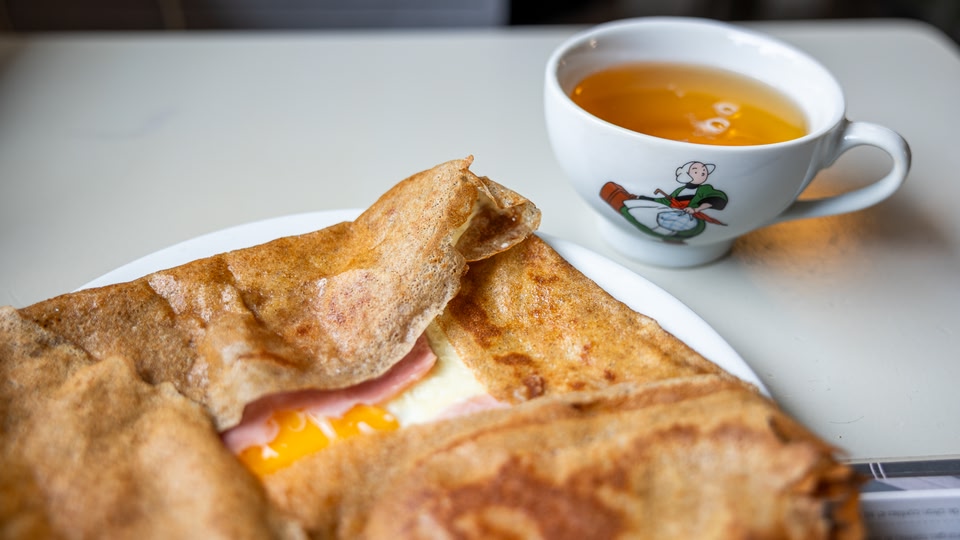
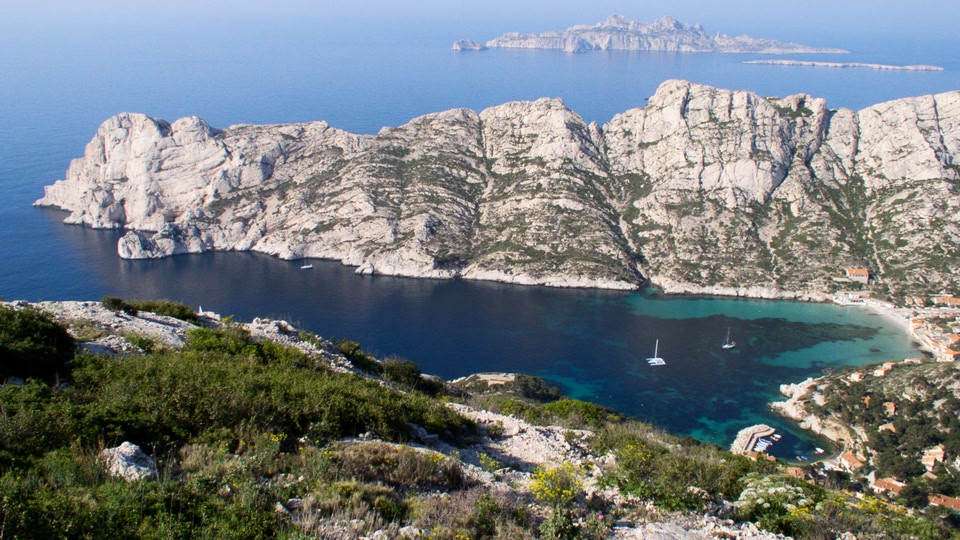
Things to do in France
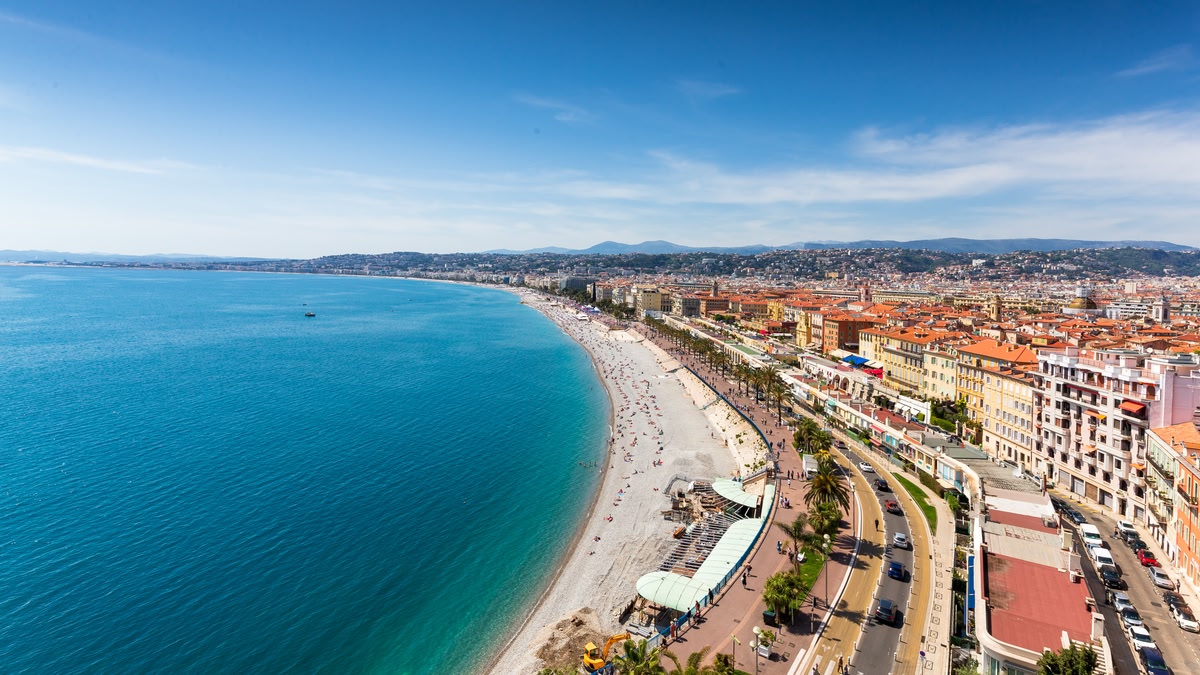
Top attractions
Book ahead to visit the Eiffel Tower’s second-floor observation deck at sunset for panoramic golden hour views over the capital. Not far from Paris, the Palace of Versailles brings the historic opulence of King Louis XIV’s court to life. In Normandy, the rocky islet of Mont Saint-Michel is home to a Gothic-style Benedictine abbey and some of Europe’s highest tides.
Beaches
France’s 5,500 kilometres of coastline range from the aquamarine coves of the Mediterranean to dramatic cliffs in Normandy. Surfers flock to Biarritz for its swells. And you’ll see the country’s young and famous sunning themselves in Saint-Tropez. With the Côte d'Émeraude’s Belle Époque resorts and Corsica’s crystal-clear waters, the beaches in France are some of Europe’s best.
Nature
Home to soaring alpine peaks, granite coastlines, sunflower fields and yawning canyons, France’s landscape is a patchwork of natural wonders. Spring brings flamingos to the Camargue’s pink salt marshes. And winter is the perfect time to hit the slopes in Chamonix-Mont-Blanc. Looking for a sandy summer break? Try Lac d'Annecy or the beaches of Île de Ré.
Culture and museums
With over 50 UNESCO World Heritage Sites, there’s culture to be found all over France. Pair a trip to medieval Carcassonne with a cruise down the Canal du Midi. And discover Versailles while visiting Paris. For a heavy dose of history, tour the Loire Valley’s fairy-tale ‘châteaux’ (castles). Or visit the Mémorial de Caen, one of the best World War II museums in France.
Cuisine
You’ll find far more than haute cuisine in the restaurants in France. Expect buckwheat crepes in Brittany, Champagne in Reims and some of the world’s best bistros in Lyon. Part of planning your holiday here is mapping out every meal. Grab a quick bite at a ‘boulangerie’ (bakery), where a ‘croque monsieur’ (hot ham and cheese sandwich) is always a treat.
Family friendly
Step into a wacky fantasy world at Les Machines de l'Île in Nantes, where giant mechanical animals and interactive exhibits promise a fun-filled day. In Marne-la-Vallée, Disneyland Paris is arguably the greatest theme park in Europe. Planning a winter break? Take the family to Strasbourg, home to France’s oldest Christmas market.
Find the best time to visit France
Weather in France
March – May: Relatively mild temperatures and fewer tourists make spring a great time to visit. Pack layers and an umbrella for sunny days, chillier evenings and occasional rain showers.
June – August: Look forward to long sunny days, balmy evenings and festivals during the summer. In the south, temperatures often reach 32°C, and beaches fill up with sun seekers.
September – November: Take advantage of warm days for hiking trips and outdoor excursions. The autumn harvest season is a prime time to visit the storied wine regions or go cider tasting in Normandy.
December – February: This is the best time to visit France for skiing and winter sports. Be prepared for the chance of snow and temperatures that often hover around freezing.
Events in France
Nice Carnival (February or March): Head to Nice for France’s biggest Carnival, featuring elaborate parades, dancers and musicians. Don’t miss the Battle of Flowers, where costumed performers shower the public with flowers.
Fête de la Musique (June): Some of Europe’s top bands and DJs take over city streets for this annual music festival. While it’s celebrated in towns and cities across the country, Paris’ festivities are the biggest. Look forward to gigs at iconic landmarks like the Louvre and the Jardin des Tuileries.
Bastille Day (July): All of France springs to life for this national holiday. In Paris, a military parade down the Champs-Élysées is a highlight, along with aircraft displays and fireworks.
